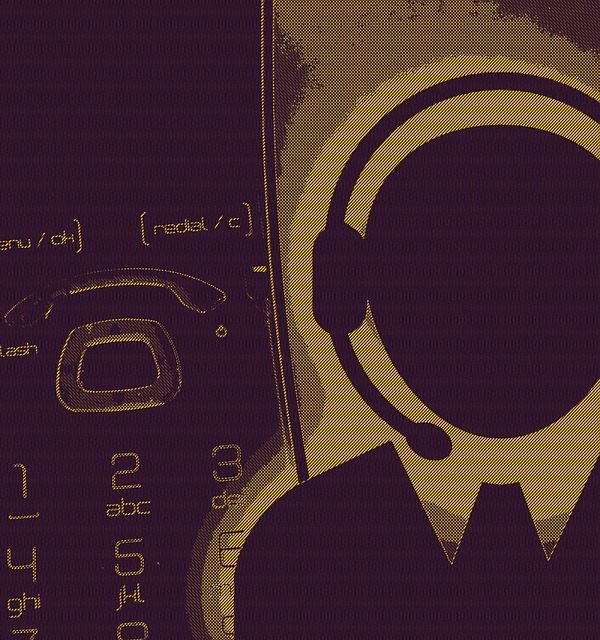In Pennsylvania, where autodialer legislation is stringent to protect consumers from intrusive marketing calls, an expert autodialer lawyer is crucial for businesses using automated calling systems. These lawyers help companies navigate regulations, implement do-not-call lists, and defend against legal issues, addressing public concerns about privacy invasions and the state's reliance on autodialers. They must bridge the gap between legislation and public perception by educating stakeholders, fostering collaboration, and staying updated on trends and changes in autodialer regulations to ensure compliance and mitigate risks.
In Pennsylvania, as across the nation, public opinion significantly influences legislation, particularly concerning emerging technologies like autodialers. This article explores the intricate dance between public sentiment and autodialer laws, delving into how legal decisions reflect—or sometimes lag behind—public perceptions. With a focus on Pennsylvania, it provides lawyers with key considerations for navigating this landscape and strategies to bridge the gap between legal frameworks and public expectations, ensuring both compliance and client trust. Understanding these dynamics is crucial for attorneys advocating for clients in the rapidly evolving legal and technological milieu of autodialer use.
Understanding Autodialer Legislation in Pennsylvania

In Pennsylvania, autodialer legislation plays a pivotal role in regulating automated phone calls, particularly those used for marketing purposes. This legislation, designed to protect consumers from unwanted and harassing calls, sets strict guidelines for businesses employing autodialers. An autodialer lawyer in Pennsylvania is crucial for companies navigating these regulations, ensuring compliance to avoid hefty fines.
Understanding the law requires knowledge of key provisions such as obtaining prior consent before making automated calls and allowing recipients to opt-out easily. Businesses must also implement robust do-not-call lists and ensure their autodialing systems are equipped with mechanisms to respect consumer choices. An expert autodialer lawyer can help businesses interpret these regulations, develop compliance strategies, and defend against potential legal challenges related to autodialer practices in Pennsylvania.
The Impact of Public Opinion on Legal Decisions

Public opinion plays a significant role in shaping legal decisions, especially when it comes to controversial topics like autodialer legislation. In Pennsylvania, where many residents rely on autodialers for communication, public sentiment can greatly influence how lawmakers perceive and draft laws surrounding these technologies. If there’s widespread concern about the potential invasion of privacy or excessive use of autodialers, this could prompt legislators to introduce stricter regulations, ensuring that autodialer lawyers in Pennsylvania have a clear understanding of shifting legal landscapes.
The impact of public opinion is evident in past cases where public outcry led to changes in legislation. For instance, following controversies related to telemarketing practices, many states implemented do-not-call lists and increased restrictions on automated calls. As such, public sentiment can serve as a powerful tool for advocacy, shaping legal frameworks to protect citizens’ rights and privacy in the digital age.
Key Considerations for Lawyers Navigating Public Sentiment

When navigating public sentiment in Pennsylvania, autodialer lawyers must consider several key factors. First and foremost, understanding the specific concerns and misconceptions surrounding autodialer technology is crucial. Many individuals have mixed feelings about automated calls due to experiences with spam or unwanted marketing. Lawyers should address these worries directly, providing clear explanations of how autodialers function within legal boundaries, such as those set by the Telephone Consumer Protection Act (TCPA).
Additionally, lawyers representing clients in autodialer-related cases should be adept at interpreting and reflecting public opinion. This involves staying informed on current trends, legal precedents, and regulatory changes related to autodialer legislation. By keeping pace with these developments, attorneys can offer strategic guidance to their clients, ensuring compliance and mitigating potential risks associated with public sentiment shifts in Pennsylvania and beyond.
Strategies to Bridge the Gap Between Law and Public Perception

Bridging the gap between legislation and public perception is crucial for the effective implementation of laws, especially in complex issues like autodialer regulations. Public opinion can significantly influence legislative processes, and understanding this dynamic is essential for both policymakers and autodialer lawyers in Pennsylvania. One strategy to align law with public sentiment involves transparent communication from legal experts who can simplify technical aspects of autodialer legislation for the general public.
Educational campaigns that highlight the benefits and potential drawbacks of autodialer technology, coupled with real-world examples, can shape informed opinions. Involving stakeholders, including consumers, businesses, and civil society groups, in the dialogue ensures diverse perspectives are considered. Additionally, legal professionals can collaborate with policymakers to craft legislation that addresses legitimate public concerns while keeping up with technological advancements, thereby fostering a more supportive public perception of autodialer regulations.






